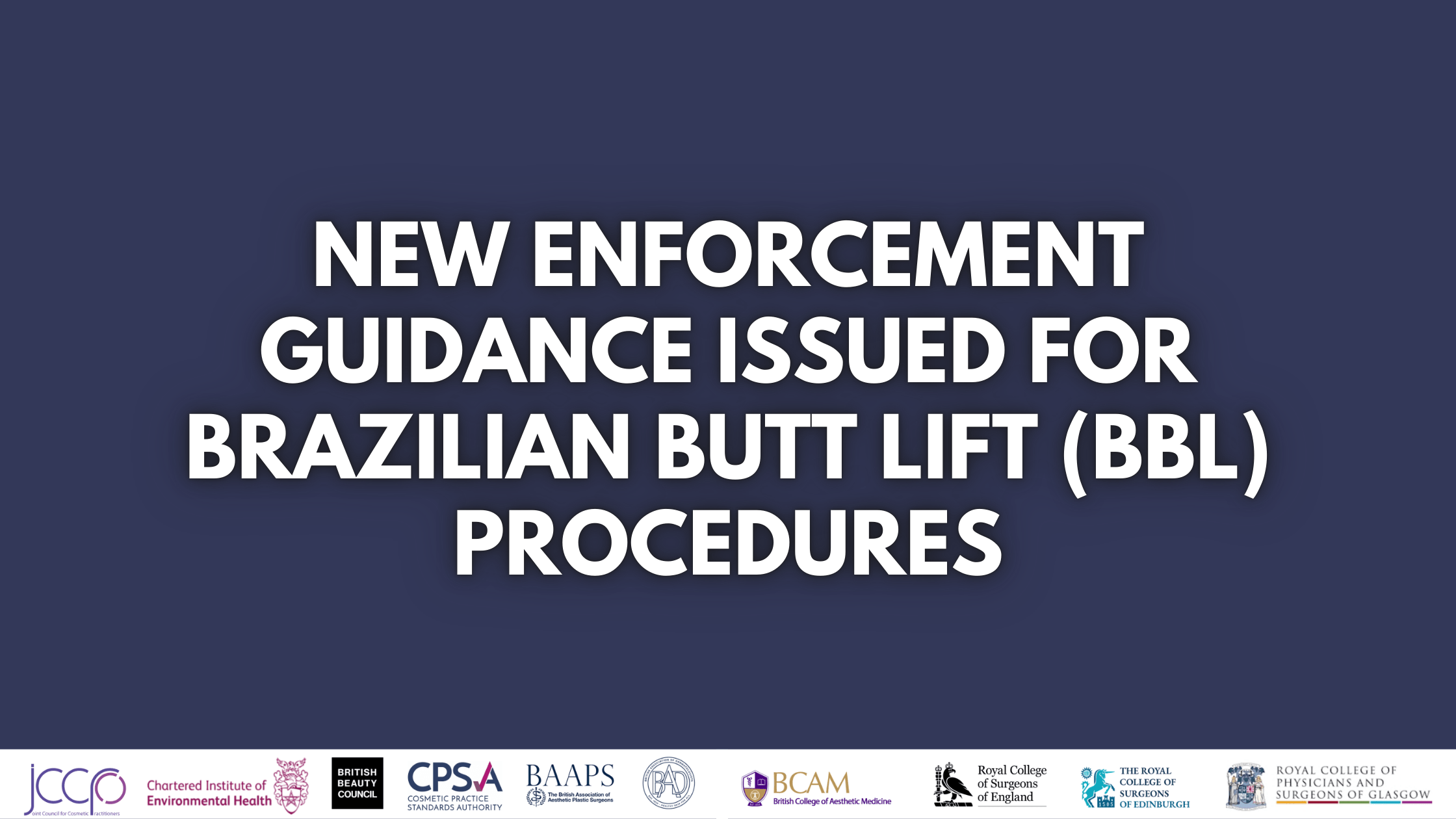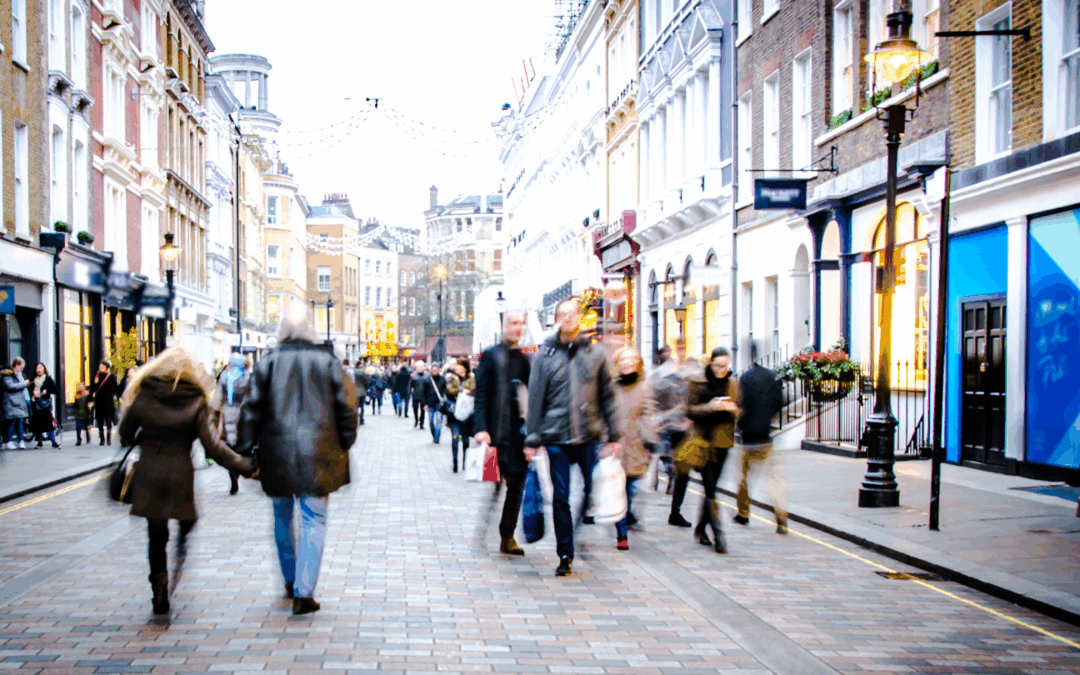In response to increased risks, media attention and reports of significant public harm caused by ‘Brazilian Bum Lifts’ (BBLs), the British Beauty Council, JCCP and CIEH have issued new guidance
Last month, two people were arrested on suspicion of manslaughter following the death of a woman believed to have undergone a non-surgical Brazilian butt lift (BBL).
With the procedure increasing in popularity and risks of complications growing in tandem, it’s important practitioners, local authorities and the public are educated on safety measures.
The procedure – which involves the injection of a product such as a dermal filler or autologous fat to augment the buttocks – can cause life-changing consequences such as pulmonary embolism, thrombotic ischaemic events, sepsis, local anaesthetic toxicity and allergic reactions.
Thus, the Council, CIEH and JCCP believe that the procedure should face robust regulatory engagement.
Victoria Brownlie, Chief Policy & Sustainability Officer at the British Beauty Council, said: ‘The Council has been actively involved in seeking the introduction of regulation to restrict procedures such as “Brazilian Butt Lifts” across the aesthetics sector. Recent years have seen a growing prevalence and normalisation of non-surgical cosmetic procedures as a result of the rise of social media, the increasing accessibility and affordability of providers and the advancement of technologies and products in this field.
‘Collectively, we have called upon the UK Government and devolved nations to introduce emergency legislation to ensure that invasive procedures are performed only by appropriately qualified General Medical Council (GMC) registered doctors.
‘In the wrong hands, these procedures place members of the public at significant risk of harm, injury and potential mortality. Until the Government moves forward with regulations to restrict such practices, we fear that further adverse incidents will continue to occur. We therefore call on the Secretary of State for Health & Social Care and all responsible government departments across the UK to move forward with the legislation to restrict such practices at pace. We also urge all members of the public to refrain from seeking to receive procedures from any person other than a Care Quality Commission (CQC) and GMC regulated medical healthcare practitioner.
‘In the meantime, the BBCo, CIEH and JCCP will continue to engage with Government and industry to move toward an outcome that puts the safety of the public first.’
In the new guidance, a panel of health protection and healthcare professional practitioner representatives have set out the key risks associated with BBLs and other breast or genital augmentation using filler. For each risk identified, mitigation and management guidance is set out.
On the enforcement guidance, Mark Elliott, President of the Chartered Institute of Environmental Health (CIEH) said: ‘There has been a big increase in the prevalence of cosmetic procedures in recent years, fuelled by social media, the proliferation of high street beauty outlets and a dramatic increase in the range of procedures available.
‘This new guidance on body augmentation procedures will be invaluable to environmental health professionals in dealing with procedures which pose a risk of serious personal injury when carried out by unsuitably trained practitioners.
‘We particularly welcome the fact that the guidance is supported by a wide range of organisations including the Royal College of Surgeons.’
The British Beauty Council firmly agrees with the expert position that these procedures should only be performed by appropriately trained specialist (plastics) surgeons and fully qualified General Medical Council registered medical doctors who possess additional qualifications to undertake surgical procedures.
To read the full guidance, click here.




